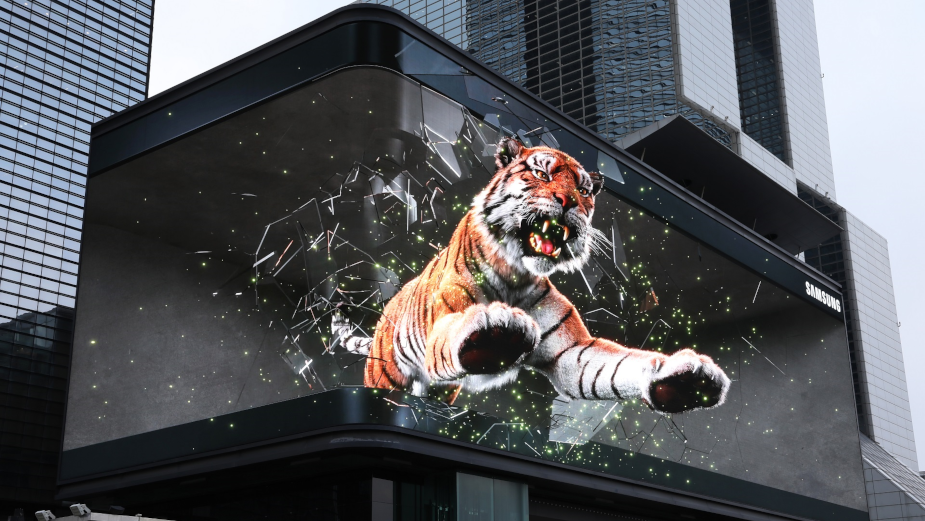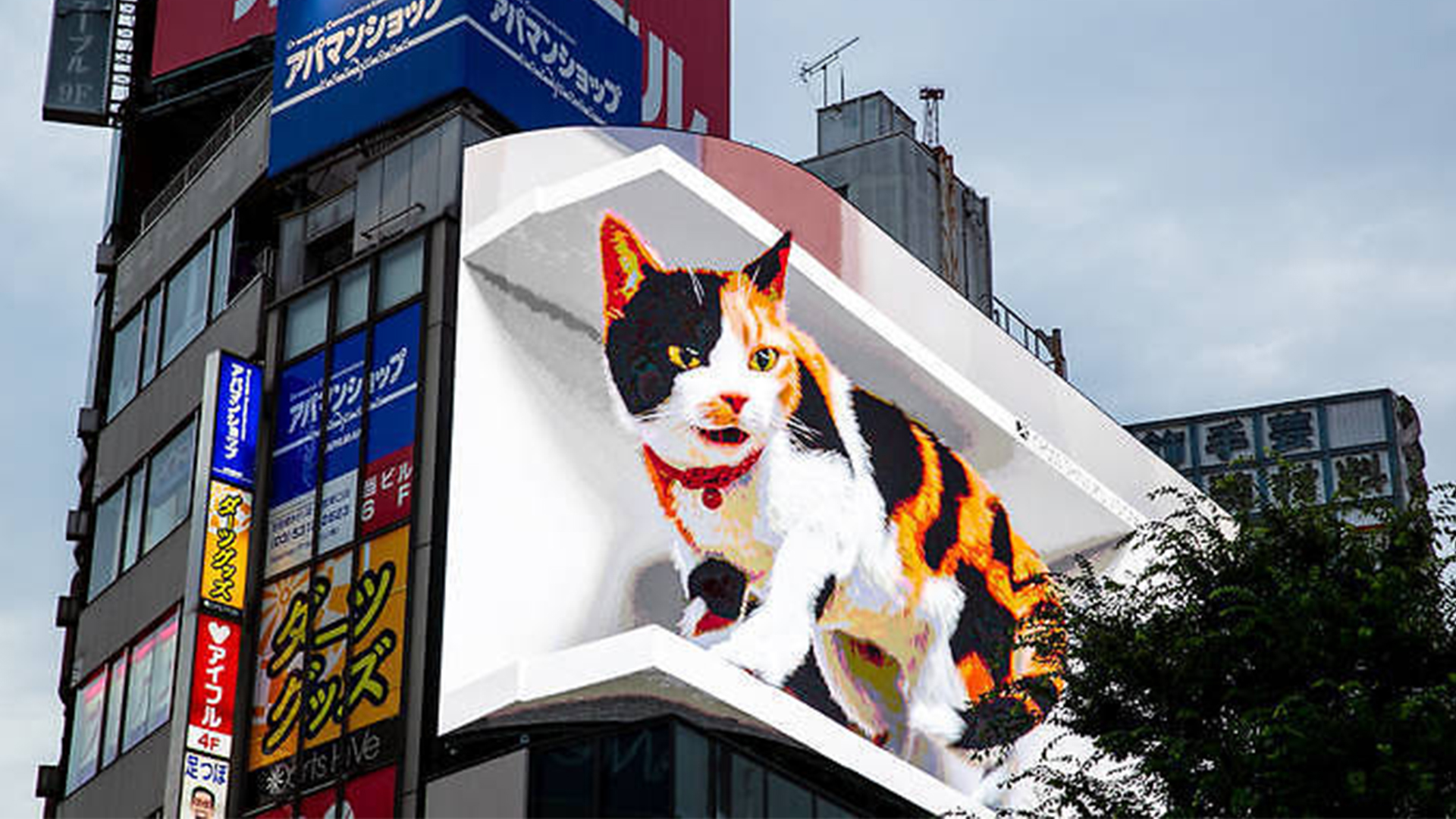The humble billboard is evolving as creative uses of 3D imagery are being used to sell everything from movies to video games to sneakers...
There is a well-known scene in Back to the Future II, when the 1989 film predicts that by 2015 there will be giant 3D holographic advertisements protruding from buildings.
Here in 2022 that cinematic vision of the future is our very real present, with A-list stars – most recently Tom Cruise in Top Gun: Maverick – and enormous sneakers extending towards us through anamorphic billboards.
Today’s billboards may not be quite as immersive as Marty McFly being swallowed whole by a 50ft holographic great white from Jaws 19, but it wasn’t a bad foretelling by the filmmakers. (I am, however, still eagerly awaiting the hoverboards.)
The last couple of years have seen a surge in the use of anamorphic billboards. From product to IP and beyond, the format can be used to tell stories and subvert expectations. But what is the true potential of them, and how can creatives fully unleash it?




